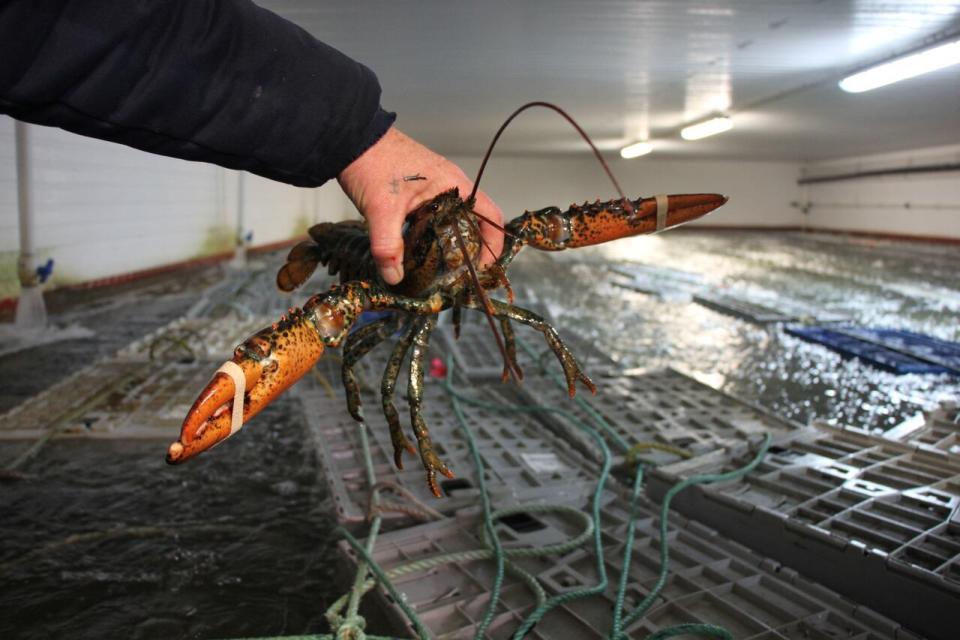The Federal Court has once again faulted the Department of Fisheries and Oceans for how it has handled the cases of disabled lobster licence holders who sought lengthy exemptions from federal rules that require them to be on board the boat when it is fishing.
In a pair of decisions this week, Justice Richard Southcott ruled the deputy minister didn’t properly take into account whether two Nova Scotia fishermen would be discriminated against when the department indicated it would stop allowing substitutes to fill in for them.
One of the licence holders is Dana Robinson, a 63-year-old from the province’s southwest who has been unable to fish since 2009 due to a leg condition that makes it difficult to stand. Although not out on the water, he does control other aspects of the lobster operation, including sales.
Federal provisions allow a licence holder with a medical condition to be replaced by a substitute on board, but only for five years. Once that time was up, Robinson was told he could no longer use a stand-in.
What emerged is a lengthy battle. Four years ago, a judge ruled in his favour, ordering DFO to take another look at his case. The department did so but came to the same conclusion and turned the fisherman down.
Robinson launched a second legal challenge, and on Monday, Southcott said DFO should again re-examine the case, ruling the deputy minister was wrong to conclude that the fisherman’s equality rights under the Charter were not “engaged.”

Lobster is Nova Scotia’s biggest fishery. (Richard Cuthbertson/CBC)
“In this day and age, the Department of Fisheries and Oceans should not be putting up obstacles that prevent people with physical disabilities and medical conditions from participating in the fisheries as much as they possibly can given their circumstances,” Robinson’s lawyer, Richard Norman, said in an interview Tuesday.
DFO said in an email Tuesday that it is reviewing the decision.
The same judge this week also ruled in favour of John Mombourquette, a 79-year-old fisherman from eastern Nova Scotia also represented by Norman. He has been using a substitute on board since 2011 but was told in 2019 that no further extensions would be granted.
Last year, another judge found in favour of an 82-year-old fisherman from Cape Breton who had held a lobster licence since 1988 but had been unable to fish it since 2005. His son was approved as a substitute, but the department pulled that permission in 2016.
Central to the cases are long-standing DFO policies for inshore fisheries that have sought to ensure licences are controlled by “owner-operators” in small coastal communities and not by processing companies. The rules dictate that those who hold the licence have to fish it.
According to this week’s decisions, DFO concluded that neither Robinson nor Mombourquette had a “viable plan to exit the fishery” and were seeking to cling to their licences “as an income-generating mechanism for an indefinite duration.”
The department noted commercial fishing is physically demanding, and said it simply reflects reality — not discrimination — that it may be too difficult a job for someone who is old or has a permanent medical condition.
MORE TOP STORIES

